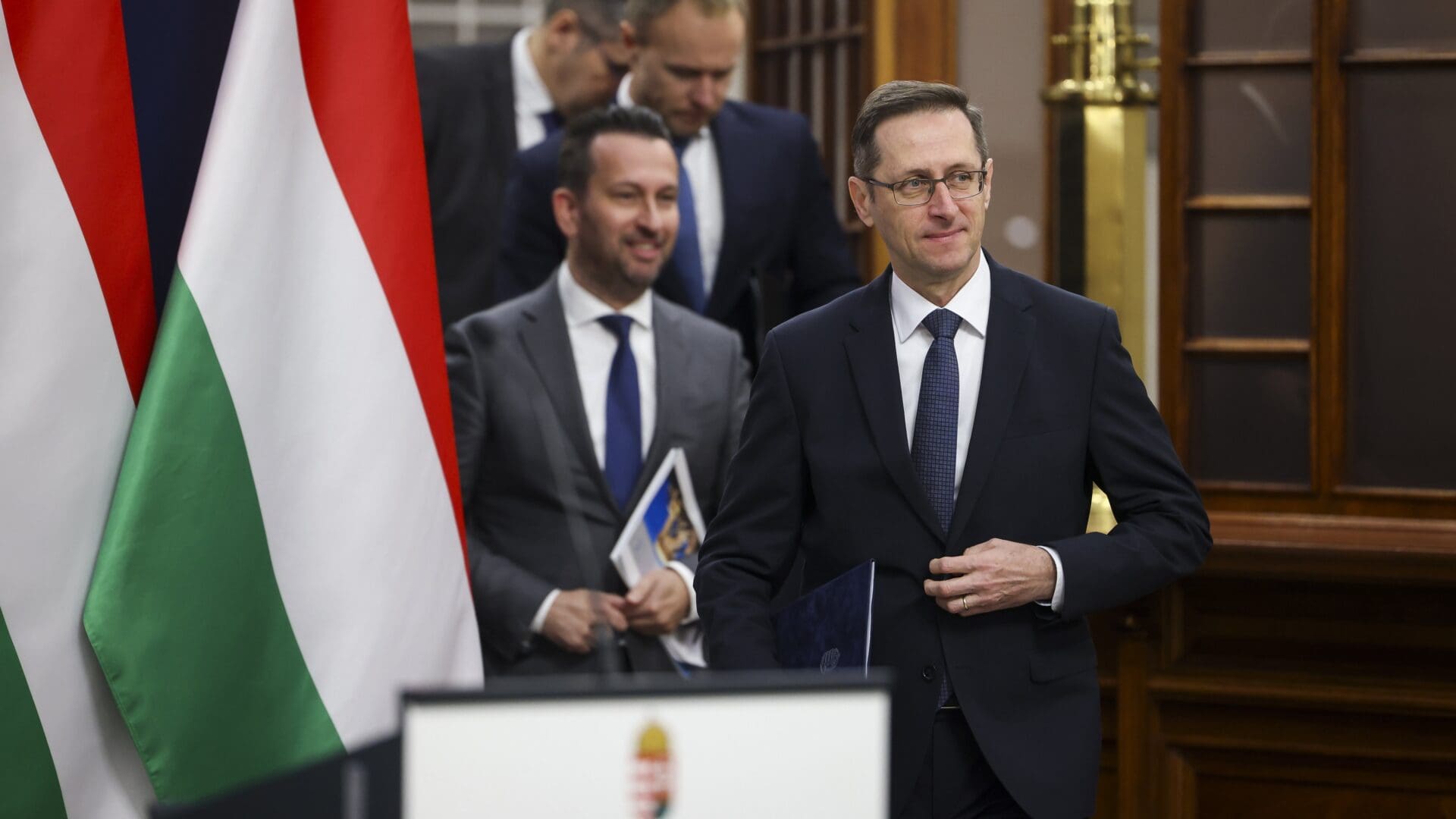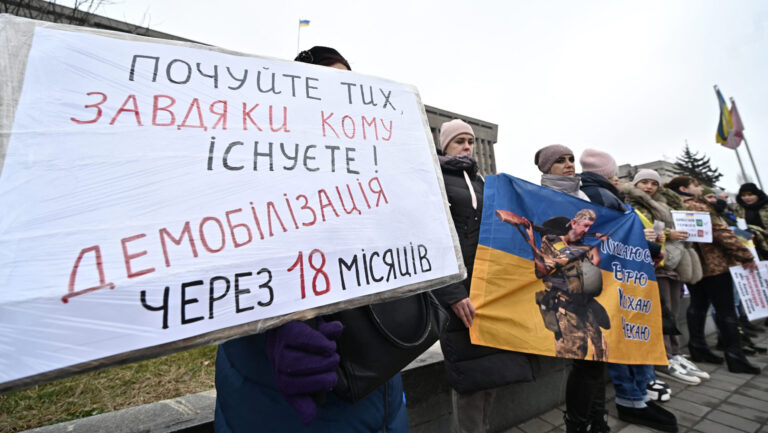The war, the sanctions-induced energy crisis, and the precarious global economic environment have exerted significant pressure on the Hungarian budget. However, the government, despite the unfavourable conditions, has continued to ensure the preservation of pension values, the maintenance of family support schemes, and protection against rising utility costs within the budget.
Despite extraordinary expenditures,
the government has consistently reduced the deficit and the national debt year after year,
the Ministry of Finance emphasized in its interim report released on the situation of the central government subsystem, excluding local governments, at the end of November.
At the end of November, the central government subsystem closed with a deficit of 4,074.3 billion HUF. Within that, the central budget showed a deficit of 3,824.9 billion HUF, separate state funds had a surplus of 171.9 billion HUF, while the financial funds of social insurance showed a deficit of 421.3 billion HUF.
In the first eleven months of the year, the costs of utility protection amounted to 1,333.8 billion HUF, presenting a significant surplus when compared to the 394.2 billion paid for this purpose by the end of November 2022.
The budget had allocated a total of 621.8 billion HUF for reimbursement of costs related to national and suburban public transportation services by the end of November. This exceeds the funds disbursed in the first eleven months of 2022 by 111.1 billion.
In addition to extraordinary expenses,
the budget has continued to pre-finance the costs of EU programmes.
By the end of November, these expenditures amounted to 2,402.0 billion HUF, of which only 1,265.4 billion had been received by the budget from the EU.
In November, in order to preserve the value of pensions, the government implemented an additional 3.5 percentage point increase. The annual budgetary impact of this pension hike amounted to 188.2 billion HUF. Together with other pension-related expenses, a total of 5,313.4 billion was allocated by the end of November.
In the field of healthcare, the government allocated 2,189.1 billion HUF for curative and preventive care in the first eleven months.
In comparison to the same period of the previous year, tax and contribution revenues have grown by 15.9 per cent. Consequently, the central subsystem’s revenues were 18.0 per cent higher compared to the state at the end of November last year, the Ministry of Finance stated.
Related articles:
Source: Hungarian Conservative/MTI








